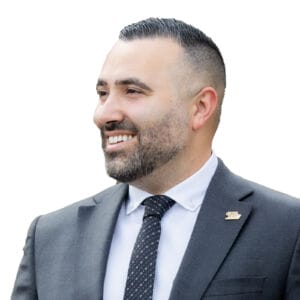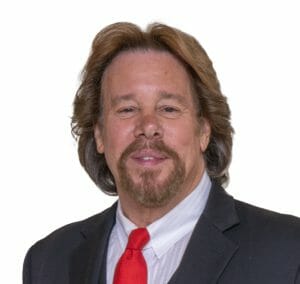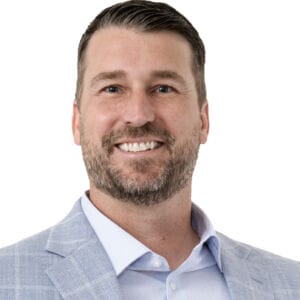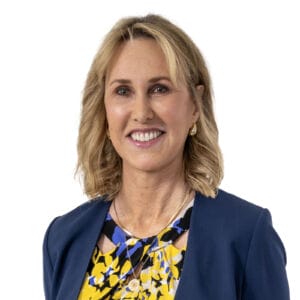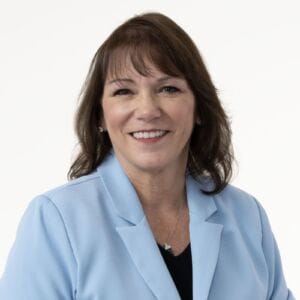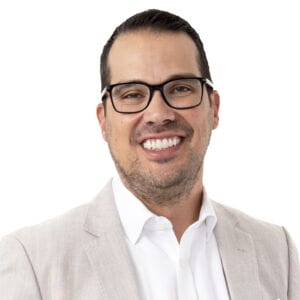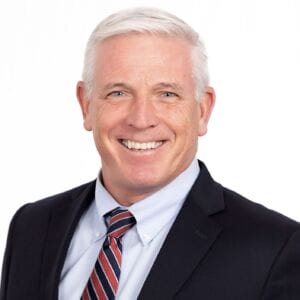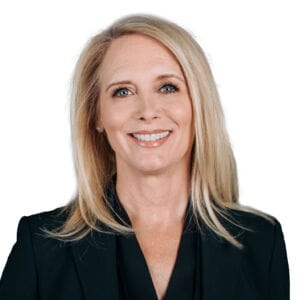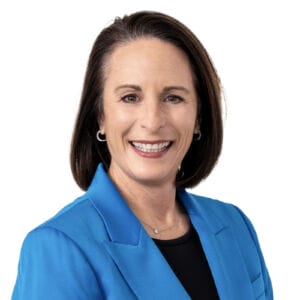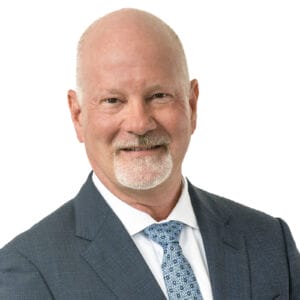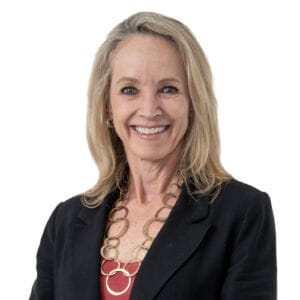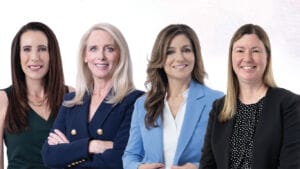The Most Powerful Business Leaders in Arizona for 2025 includes Katie Haydon, CEO and partner, Haydon. Meet her here.
Katie Haydon, CEO and partner, Haydon
Background: Haydon attended Xavier College Prep for high school, ASU for a her bachelor’s in accountancy and Thunderbird for her MBA in Global Management. Upon graduation from ASU, Katie accepted an accounting position at a large publicly held corporation before eventually taking over the business her father founded.
Leadership style: “I’m not a micromanager. I really believe in trusting my team. I don’t need to be in every meeting or part of every decision. I want everyone to feel ownership over their work and know that I trust them to do what they say they’ll do.”
Evolution of leadership style: “The generation before me set an example of needing to be in every room, make every decision and manage every detail. I tried that early on, but it’s not who I am. I’d rather spend time getting to know my people — their families, their goals — than diving into schedules and budget reviews with 10 other people. I’ve shifted my focus to relationships, vision, and making sure our people and clients are thriving. That’s what drives sustainable success.”
Company culture: “We’ve always made culture a top priority. Back in 2017 or 2018, we had an entire division focused solely on culture. We even had someone whose title was ‘Culture QB’ —she held us accountable, showed up in the field and made sure we walked the talk. When she moved into a director role, our leaders said, ‘Who’s going to be the next Culture QB?’ The answer: All of us. Everyone at Haydon is now a culture ambassador. That’s what sets us apart — our people choose Haydon and they bring that culture into everything they do. One of the things I’m most proud of is seeing how our culture lives in every crew and team. You’ll see foremen barbecuing with their teams on weekends, families spending time together. It’s more than a job — it’s a community.”
Future outlook: “Arizona is booming, and construction is no longer a commodity — it’s a necessity. There’s more work than people to do it, which gives us the opportunity to be selective and build stronger, more meaningful partnerships with clients and trade partners. The result is better outcomes for our people, our company and our communities.”


